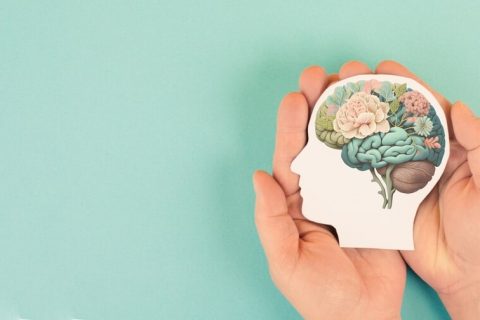Long-Term Effects of Drug and Alcohol Abuse on Mental Health

Every single day, so many lives are slowly eroded by something often unnoticed – substance abuse. Its influence sneaks in quietly, subtly altering who we are at our core.
But what’s even more concerning is its long-lasting influence on our mental well-being, an area many have yet to explore fully.
Please keep reading to expose the continually underestimated reality of substance abuse effects and discover how drug and alcohol misuse can lead to lasting changes in our mental well-being.
What is Substance Abuse?
Substance abuse occurs when people engage in harmful or risky use of drugs, alcohol, or prescription medications.
It can lead to dependence, causing individuals to rely on the substance and undergo changes in their behavior, thoughts, and physical well-being.
Understanding the Affects of Substance Abuse on Mental Health: A Global Issue
Substance abuse is a major issue that impacts millions of people across the globe.
Shockingly, almost one in three adults faced an addiction or mental illness in the past year.
This staggering statistic highlights how widespread substance abuse is in our society and underscores the significance of understanding its impact on our mental well-being.
Cognitive Impairment from Substance Abuse
One of the most devastating substance abuse effects is cognitive impairment.
Long-term misuse of substances can have a profound impact on memory, attention, and decision-making.
Alcohol abuse, for instance, may lead to Wernicke-Korsakoff Syndrome, a severe condition marked by memory loss and confusion.
Likewise, prolonged use of cannabis can affect memory and attention span.
Psychiatric Disorders Tied to Substance Abuse
Alcohol and drug abuse often go hand in hand with psychiatric disorders.
It’s pretty standard for substance use to worsen preexisting mental health conditions or potentially even trigger new ones.
For example, if someone struggles with substance abuse for a long time, it could make them more susceptible to depression, anxiety disorders, schizophrenia, and bipolar disorder.
Mental health professionals should always consider substance abuse when diagnosing and treating these conditions.
Neurological Damage Caused by Substance Abuse
Substance abuse doesn’t just impact our thoughts and emotions but our brains, too.
For instance, drinking too much alcohol can lead to alcoholic neuropathy, a painful condition that damages our nerves.
Likewise, misuse of opioids can cause hypoxic brain injury, depriving our precious brains of oxygen.
Understanding the potential neurological damage caused by substance abuse and seeking help when needed is essential.
Overcoming Substance Abuse
Substance abuse can profoundly affect mental health, but it’s crucial to remember that support is readily accessible.
Various interventions can genuinely make a difference in addressing substance abuse. Here are a few examples of commonly used treatment options:
- Medication-assisted treatment (MAT) takes a holistic path to recovery, offering the perfect blend of medication, like methadone or buprenorphine, alongside counseling and behavioral treatments. This combination effectively manages withdrawal symptoms and supplies valuable support for healing.
- Cognitive-behavioral therapy (CBT) is a fantastic method for clients to identify and alter negative thinking and behaviors related to substance abuse. It concentrates on developing vital coping skills, leading to long-lasting healing.
- Motivational Interviewing (MI) is a fantastic strategy that works collaboratively to help clients navigate their feelings about altering substance use. By promoting motivation and empowering individuals, MI paves the way for seeking treatment and welcoming positive transformations in life.
- Group therapy supplies a unique space for individuals to connect with others facing similar experiences. It can change lives by creating a solid community, nurturing empathy, and sharing wisdom.
- 12-step programs such as Alcoholics Anonymous (AA) and Narcotics Anonymous (NA) provide a structured approach and a supportive environment for those seeking recovery. These programs incorporate spiritual elements and offer peer support to individuals on their journey to healing.
- Some people find holistic approaches helpful, such as mindfulness, yoga, art therapy, and acupuncture. These approaches can work alongside conventional treatments, promoting overall well-being.
Reign Residential Treatment – Your Partner in Substance Abuse Recovery
Drug and alcohol addiction is a far-reaching problem that dramatically affects mental well-being.
We can better support individuals struggling with substance abuse by understanding substance abuse effects more deeply.
At Reign Residential Treatment, we have various residential care options and an alumni aftercare program to support you on your journey to recovery.
Contact us today and start your path toward a healthier and happier life.





